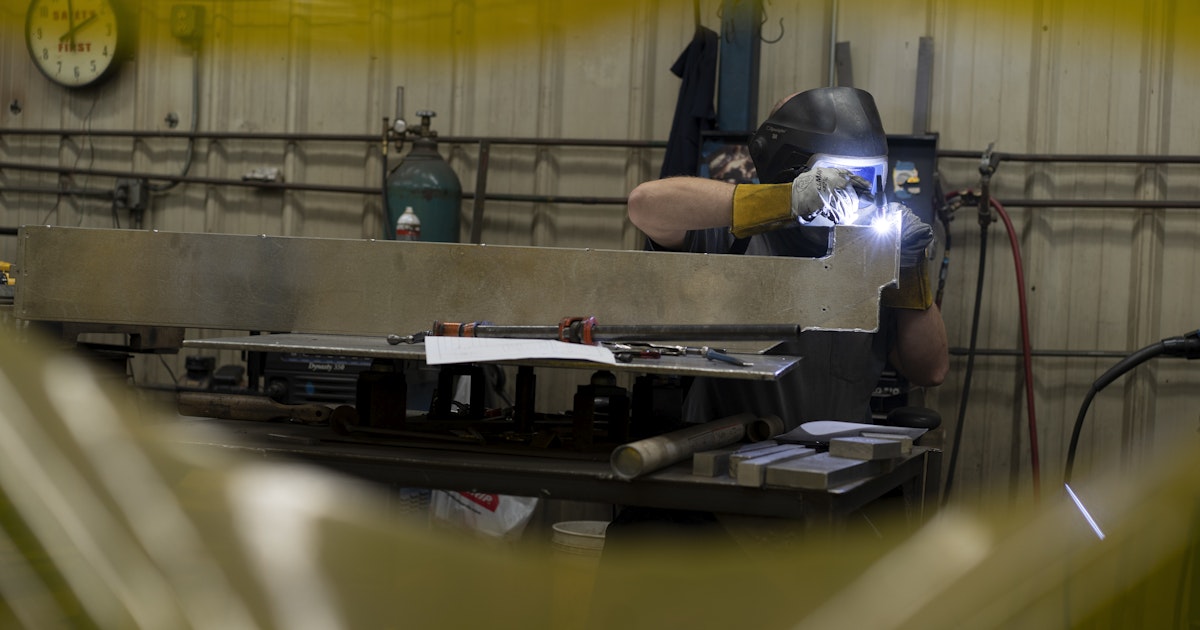Remote work has become increasingly popular in recent years, with many employees seeking jobs that offer the flexibility of working from home. According to the Indeed Job Search Survey, employed women are more likely than employed men to cite remote work as a reason for their job search. This trend holds true across all age groups, indicating that remote work has a strong appeal for women in the workforce.
The survey data collected between July 2021 and December 2023 revealed that almost 15% of employed women listed a desire for remote work as a motivation for beginning a recent job search, compared to almost 12% of employed men. This means that women have been almost 25% more likely to prioritize remote work when looking for a new job. The differences are even more pronounced among younger age groups, with women aged 25-34 being roughly a third more likely than men to cite remote work as a reason for wanting a new job.
The appeal of remote work among women is not limited to a specific age group, as gender differences in job search motivations hold up across all major age groups analyzed. This suggests that the desire for remote work is a consistent trend among women in the workforce, regardless of their age or career stage. The data also indicates that remote work is particularly appealing to parents, especially mothers, who value the flexibility and work-life balance that remote work can offer.
The rise of remote work during the pandemic has highlighted the benefits of flexible work arrangements, with many employees realizing the advantages of working from home. The gender differences in job search motivations revealed by the survey align with the speculation that remote work is especially attractive to parents, particularly mothers. The data also suggests that remote work has helped mitigate some of the employment challenges faced by mothers, indicating that flexible work arrangements can have a positive impact on gender equality in the workforce.
Overall, the survey data underscores the growing popularity of remote work among women in the workforce. The findings highlight the importance of flexible work arrangements in attracting and retaining talent, particularly among women who value the ability to work remotely. As remote work continues to be a prevalent trend in the labor market, employers may need to consider offering flexible work options to meet the evolving needs and preferences of their employees.

















